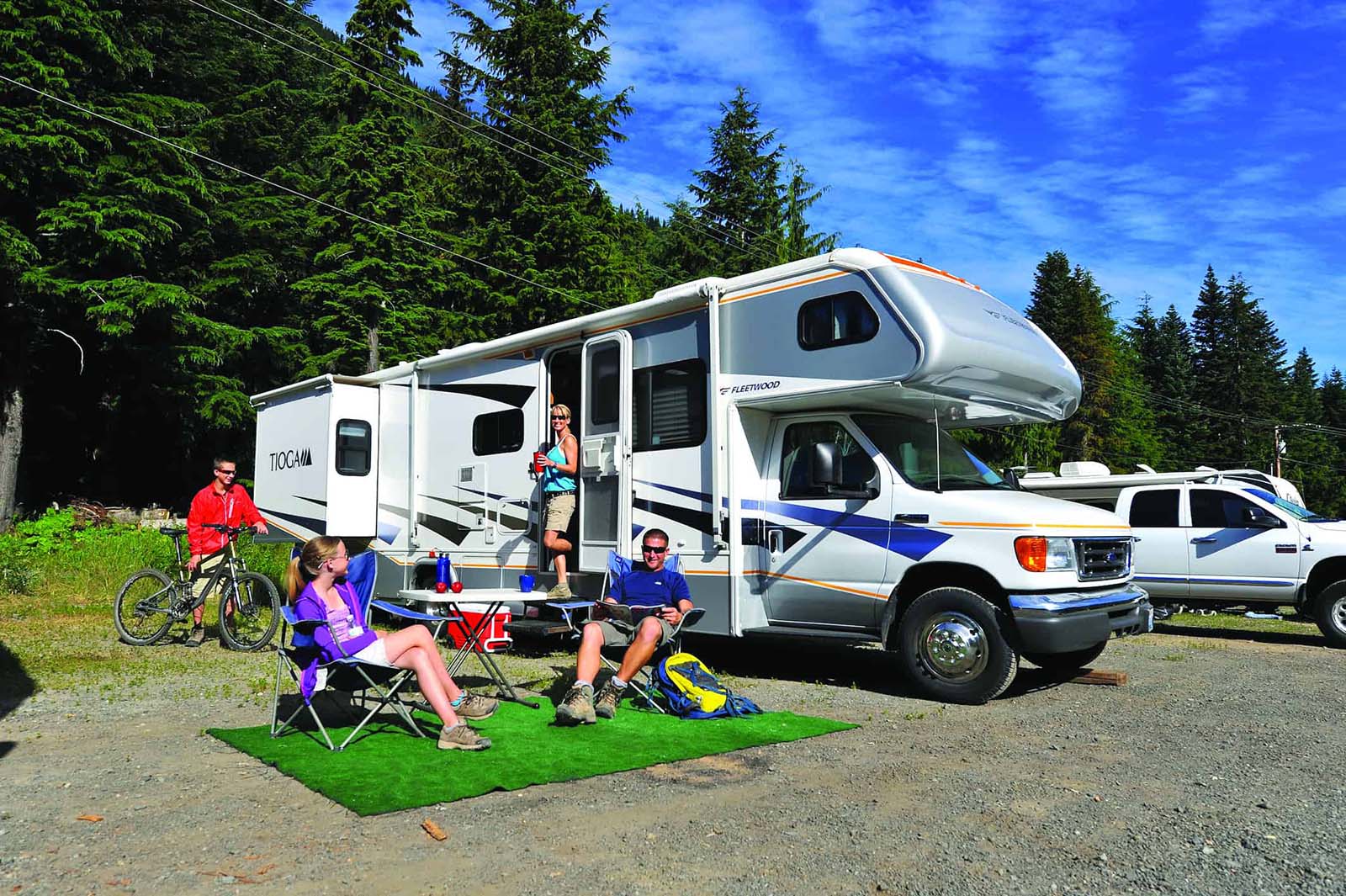Title: Can RV Batteries Freeze When Plugged In?

Introduction: When it comes to RV batteries, many owners are curious about their reliability and functionality during colder seasons. In this article, we will explore the question: Can RV batteries freeze when they are plugged in? We will delve into the factors that contribute to freezing, how to prevent it, and other essential tips for maintaining optimal battery performance during winter.
H2: Factors Contributing to Battery Freezing Freezing Temperatures: Under freezing temperatures, RV batteries are susceptible to freezing, which can cause irreversible damage. Lead-acid batteries, commonly used in RVs, contain an electrolyte solution that can freeze at low temperatures. If the electrolyte solution freezes, it expands and damages the battery’s internal components, rendering it useless.
Charging State: The state of charge of the battery also plays a significant role in preventing freezing. Fully charged batteries have a lower freezing point compared to partially or completely discharged batteries. It is crucial to keep your RV batteries fully charged during winter to minimize the risk of freezing.

H3: Preventing Battery Freezing Insulate the Batteries: To protect your RV batteries from freezing, consider insulating them. You can wrap the battery with insulation material or purchase specialized battery blankets that provide an extra layer of protection against freezing temperatures. This insulation helps retain heat generated during charging, reducing the possibility of freezing.
Battery Heaters: Using battery heaters is another effective method to prevent battery freezing. Battery heaters are specially designed to apply a low-level heat around the battery, preventing the electrolyte fluid from freezing. These heaters use minimal power and can be easily installed, ensuring your batteries remain safe and functional even in extremely cold weather conditions.
H2: Tips for Maintaining Battery Performance in Winter Maintain a Consistent Charge: During winter, it is vital to maintain a consistent charge on your RV batteries. Regularly check the battery’s state of charge and recharge it if necessary. A fully charged battery ensures optimal performance and minimizes the risk of freezing.

Keep Batteries Dry: Moisture can cause corrosion and damage to your RV batteries, so it is essential to keep the battery compartment dry. Regularly inspect for leaks or condensation buildup and take necessary measures to prevent moisture from reaching the batteries.
H3: Monitor Battery Fluid Level Regularly check the battery fluid level and top off with distilled water if necessary. The electrolyte fluid’s health is crucial for maintaining the battery’s overall performance. Keeping it at the proper level ensures adequate protection against freezing and extends the battery’s lifespan.
Conclusion: While RV batteries are susceptible to freezing, taking the necessary precautions and following preventive measures can help protect them during winter. Insulation, battery heaters, and maintaining a consistent charge are all effective ways to prevent freezing and maintain optimal battery performance. By implementing these tips, you can enjoy worry-free travels with your RV, even in the coldest winter climates.

